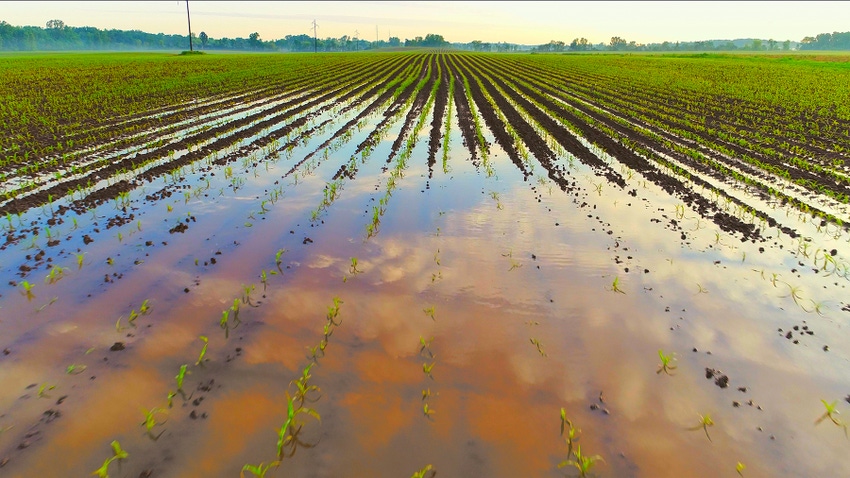
Sen. John Hoeven, R- N.D., introduced legislation he says will strengthen crop insurance and make higher coverage levels more affordable. His Federal Agriculture Risk Management Enhancement and Resilience Act, or FARMER Act, would increase premium support for higher levels of crop insurance.
Hoeven hopes the bill will be included in the new farm bill. He says it will lessen the need for ad hoc disaster assistance, resulting in a more resilient ag economy and a better deal for taxpayers.
“We’re working to not only defend crop insurance but improve it. That’s how we’re going to keep the farm in the farm bill,” Hoeven says. “My legislation will make higher levels of coverage more affordable across the country, especially in states where it’s currently prohibitively expensive to buy up.”
For certain plans, premium support for revenue and yield protection at the 80% coverage level would increase from 68% to 77%. At the 85% coverage level, protections would increase from 53% to 68%. The proposed increases would only be provided to enterprises and whole farm units.
Premium support for the Supplemental Coverage Option would increase from 65% to 80%, while SCO coverage levels would increase from 86% to 90%.
The FARMER Act also includes a provision directing USDA’s Risk Management Agency to conduct a survey on how to improve SCO effective in counites larger than 1,400 square miles.
Senate Ag Committee Ranking Member John Boozman, R- Ark., is cosponsoring the FARMER ACT. He says the bill proactively addresses the needs of farmers and ranchers who have asked for federal crop insurance program improvements.
“The FARMER Act includes critical components to modernizing the farm safety net for producers across all regions and all commodities,” Boozman says. “Coupled with improvements to the Title One safety net, Senator Hoeven’s approach of expanding the coverage level and increasing the affordability of crop insurance for both area based and individual coverage options, would result in meaningful improvements to the risk management tools available to producers.”
Also signing on as cosponsors are Sens. Joni Ernst, R-Iowa, Deb Fischer, R-Neb., Chuck Grassley, R-Iowa, Roger Marshall, R-Kan., and Cindy Hyde-Smith, R-Miss.
Where’s the funding?
According to a Congressional Budget Office preliminary score, the FARMER Act would cost approximately $4.2 billion over ten years. This would push overall spending slightly above the farm bill’s baseline budget.
Hoeven has not offered any specifics on where that additional funding will come from. A representative from his office says the senator believes there are enough resources within the $1.5 trillion farm bill budget to improve crop insurance if the Senate Agriculture Committee prioritizes it.
More than 20 ag groups have endorsed the bill, including the American Farm Bureau Federation, the American Soybean Association, the National Association of Wheat Growers, the National Cotton Council and the National Corn Growers Association.
“We appreciate Senator Hoeven’s leadership in expanding the affordability of crop insurance options for America’s farmers,” AFBF President Zippy Duvall says. “The FARMER Act will make higher coverage more affordable and decrease the need for future ad hoc disaster assistance.”
As for the farm bill, Senate Majority Leader Chuck Schumer has not given any indication on when he plans to consider the legislation. Notably, he did not mention the farm bill in a recent letter to colleagues laying out his next legislative priorities.
House Agriculture Committee Chair Glenn “GT” Thompson has consistently said he plans to introduce farm bill legislation this spring, though the exact timing continues to be pushed back. Even if a farm bill makes it through the Ag Committee, House Speaker Mike Johnson, R- La., has given no recent indications on when he would potentially bring the bill up for vote.
Of course, it remains to be seen if Johnson will still be the speaker if and when a new farm bill is finally considered.
About the Author(s)
You May Also Like






